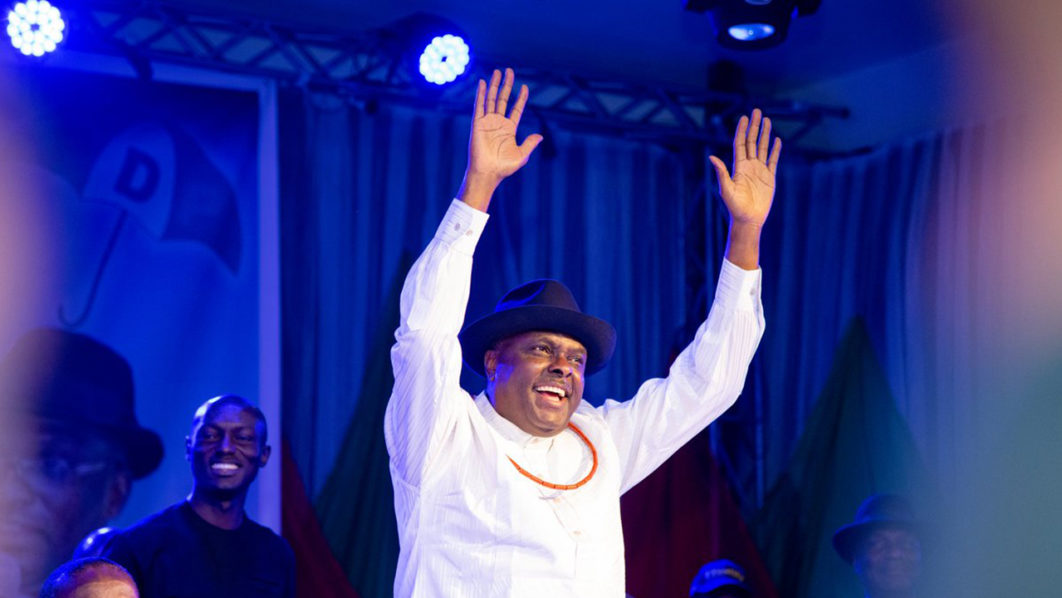Continued from yesterday

There is the argument that the Federal Government could rightly deny Delta State of the assets because the political leadership the law authorizes to speak for and on behalf of Delta State are silent or nonchalant about the matter. Truly, the administration of the erstwhile governor of Delta State, Emmanuel Uduaghan, did not only fail to assist but also worked against the EFCC during the investigations of Ibori’s conduct. It is equally alleged that there was a time the Delta State government declared that the State’s money was not missing. All these were possible because of the unholy alliance between godfather Ibori and his political beneficiaries. It is even suspected that such an alliance continues to this day. The summary of all these is that Delta State political leadership denied that Ibori committed any wrong or crime. In order to consistently maintain that storyline, the current political leadership is silent on the matter. Not even the fact that Ibori loot is on its way to Nigeria has moved it to action. The political leadership is sustaining such conspiracy of silence because it faces the moral or even legal dilemma of being perceived to be simultaneously approbating and reprobating: because it denied Ibori’s wrongdoing, it cannot subsequently recant and claim Ibori loot. Perhaps, it is because the Federal Government is well aware of such circumstances that it audaciously asserts ownership of the loot and declares its intention to channel it to the construction of Lagos-Ibadan road, Abuja-Kano road, and the second Niger Bridge at the expense of the ultimate victims in Delta State.
The attitude of Delta State political class is so sickening that we may conveniently assume it is compromised. If that is the case, how will the people of Delta State fare? Nature surely abhors a vacuum. Incidentally, it is on record that President Buhari-led Federal Government prides itself in standing on the moral high ground of integrity and accountability in the battle against corruption and asset recovery. Therefore, the least the government can do is to ensure the assets are deployed to develop the people of Delta State. I believe expending the assets on projects located in places outside Delta State amounts to re-looting Ibori loot or robbing Peter to pay Paul.
But if the Federal Government insists on having its way, I implore Delta State government to rise over and above self-interest, officially recognize that Ibori plundered the State treasury, and sue the Federal Government for the assets. Furthermore, it will be advantageous to intimate the UK government, the Global Forum on Assets Recovery (GFAR), and the United Nations Office on Drugs and Crime (UNODC) of the grave injustice that is unfolding in the utilization of Ibori loot.
Concluded
Dr. Igbinedion is senior lecturer, Department of Jurisprudence and International Law, Faculty of Law, University of Lagos. He is also a consultant on anti-corruption models and asset recovery.






